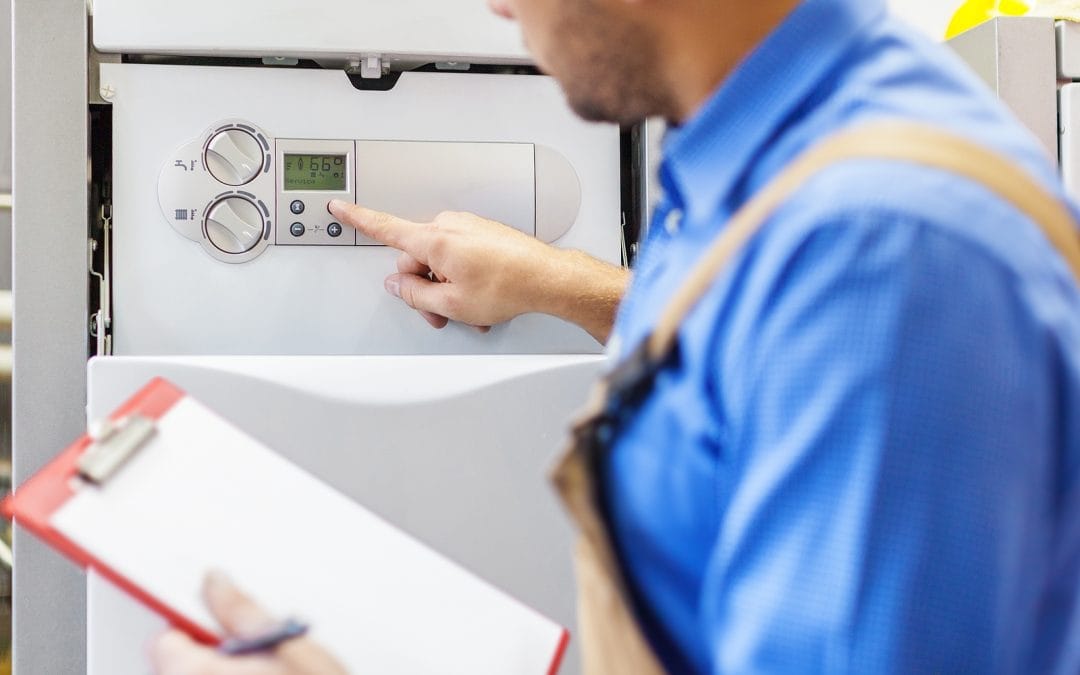Because the target keeps moving when it comes to the future of heat and the role of efficient, effective and easy to use boilers within it, the comparisons between them and heat pumps are often focused more on technological differences and hypotheticals.
There will naturally be a need for various types of heating systems, and it appears that for brand new builds, heat pumps are likely to be the primary solution, as many of their efficiency benefits can be maximised when installed alongside the construction of the home itself.
However, for people with a boiler close to the end of its life and considering whether to replace it with another, more efficient boiler or a heat pump, what are both kinds of heating systems like to live with?
Here are some of the ways they are the same, and other ways in which they are different.
Boilers Are Much Easier To Fit
It is a truth, universally acknowledged, that boilers are easier and often far cheaper to install, even if you do not factor in the very different parts and materials costs.
Part of the reason for this is that old homes were designed for boilers in the first place, and so in some cases, engineers can literally just take out the old boiler and slot in the new one with only minor adjustments needed.
However, even accounting for the familiarity that most people will have with boilers, boilers are smaller, simpler to install and with fewer considerations for pipework space.
Many boilers are installed in kitchens, airing cupboards or near bathrooms because they can often easily fit in relatively small spaces without too many issues, as long as there is enough space for the boiler to safely function without overheating.
By contrast, heat pumps can vary in size but are often huge, and installing them into an existing property will largely be dependent on its size and shape, as there needs to be enough room to fit the pump itself, a hot water cylinder if you are replacing a combination boiler, larger pipes and larger pipe connectors, as well as leaving enough space for airflow.
This is part of the reason why heat pumps remain so expensive even with incentive schemes; they are complex to install, and that can lead to highly variable prices that can still cost significantly more than a boiler.
Both Are Quieter Than You May Expect
Because both boilers and heat pumps are huge devices primarily focused on generating and delivering heat, there is an assumption that they tend to make a lot of noise when they do. This is not really the case if either is working properly.
Heat pumps, for as large as they are, do not make a lot of noise as they function, and are often located on the outside of the house, so most people will benefit from noise insulation.
Modern boilers also do not generate any noise when they are not actively used, and even when they are actively producing hot water, they still tend to be quieter than a fridge or a washing machine.
There Are Very Different Approaches To Saving Money
The conventional wisdom used to save money on heating with a boiler does not, in fact, work with a heat pump.
Typically, when you want to save money on your heating bills, you turn the radiators down in unused rooms, turn the boiler off entirely on occasion or set it to a low-temperature anti-frost mode so it will only turn on in the event of a cold snap.
Boilers can sometimes be relatively uneven in terms of heat distribution because the warm water emanates from a central point. This is why boilers are placed in kitchens or bathrooms where hot water is needed most.
By contrast, heat pumps tend to warm the entire network consistently, will usually be able to maintain temperatures without using too much energy, and use as much energy to cool down as to heat up.
This means that the best way to save money with a heat pump is to choose a temperature for the whole house and keep it there, even if you go out for a short time. It uses so much more energy to get back to the right temperature than it would take to keep the house warm.
It takes a different mindset to make the most out of a heat pump or a boiler, but asking heating engineers and looking for heating tips from other people with your system are very useful ways to save money and keep warm.

